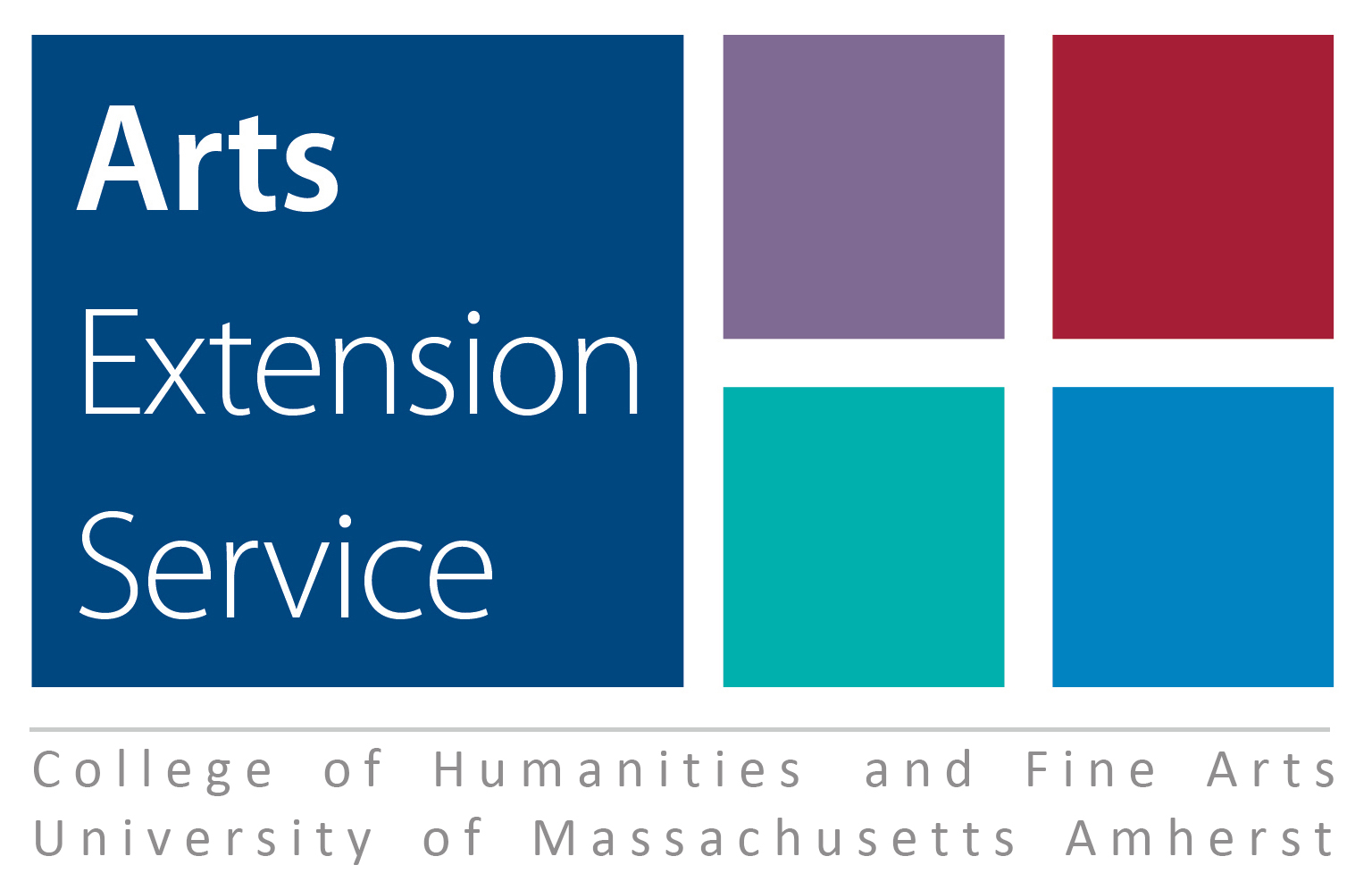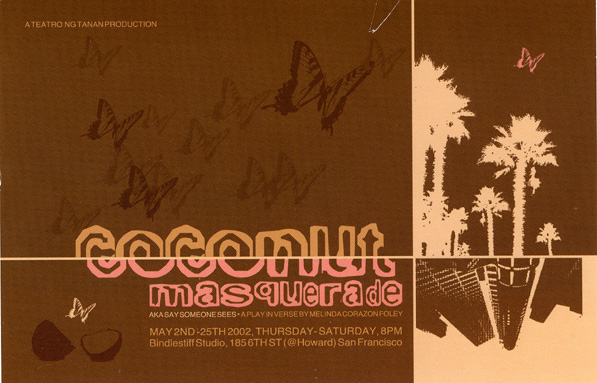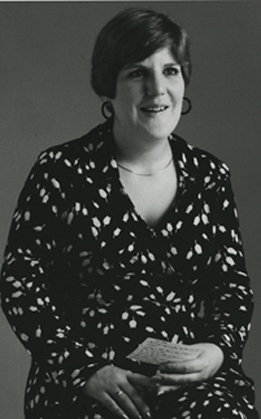University of Massachusetts Amherst. Classes by Year
The new Massachusetts Agricultural College welcomed its first contingent of 34 students to campus on October 1, 1867, resulting in the first graduating class of 28 — the Pioneer Class of 1871. The student body waxed and waned in ensuing years as the college slowly began to diversify its curriculum and the students population itself, admitting international students as early as 1870, followed by graduate students (first degree awarded 1896), African Americans (class of 1901), and women (class of 1905). Enrollment at the university first topped 1,000 in 1945 rising to 6,000 by 1960. Following a tumultuous period of great expansion, UMass had over 23,000 students in 1970.
Organized by class year, this series includes a diverse body of material generated by undergraduate students at Massachusetts Agricultural College, Mass. State College, and UMass Amherst from its beginning to the present day. Although the content varies widely from class to class and by period of time, typical years includes basic data on the graduating class, publications by alums, reunion information, class notes, photographs, or small collections of letters written while in school. In a few cases, the quantity representing an individual almuna or alumnus has led SCUA to treat the materials as a separate collection with its own finding aid.




